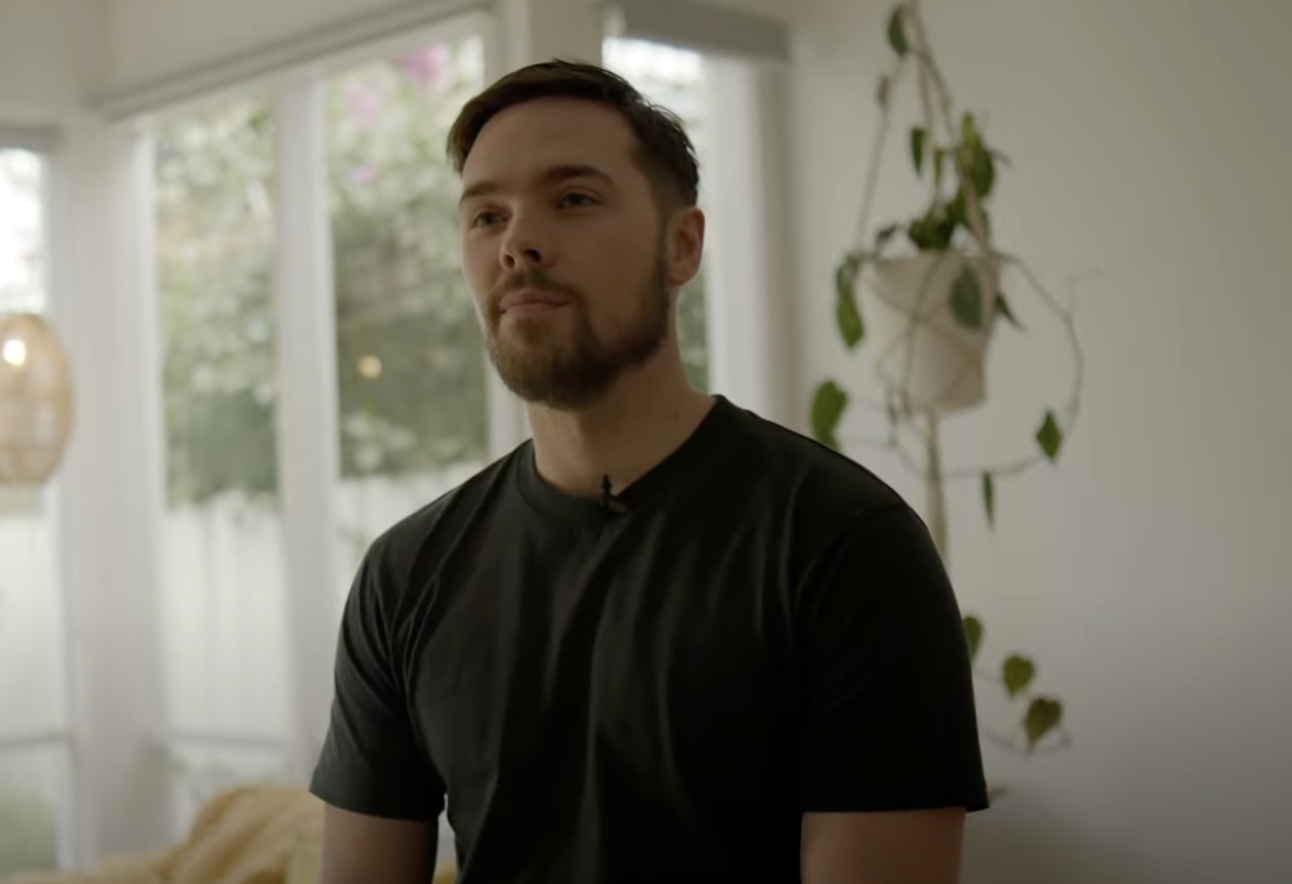- Clinical psychologists provide mental health care across a wide range of issues and populations.
- The number of professionals in the field is projected to grow by 13.3% between 2021 and 2026.
- There are multiple pathways to becoming a clinical psychologist, including options for those with an unrelated bachelor’s degree.
With mental health beginning to gain the attention it deserves, it’s a crucial time to enter the field of psychology.
Psychology is a broad discipline that covers several distinct areas of expertise, including clinical, counselling, organisational, health, forensic psychology, and others. In this article, we’ll focus on the field’s most recognised specialisation: clinical psychology.
Is clinical psychology the right career for you? Read on to find out.
What is the role of a clinical psychologist?
Clinical psychology is the most well-known branch of psychology. If you picture a psychologist, it is likely you’re imagining a clinical psychologist.
Clinical psychologists assess, diagnose, and treat a range of mental health conditions, from common conditions like anxiety and depression to more complex challenges such as personality disorders, trauma, and severe mental ill-health. Their work often combines therapeutic approaches, research, and consultation to support clients’ mental and emotional well-being.
Clinical psychologists can work with a broad range of mental health issues across diverse populations, or they might choose to specialise in a particular condition, such as post-traumatic stress disorder. The process of specialisation often involves research and assessment techniques like interviews, clinical observations, and reviewing health records.
It is important to note that clinical psychologists in Australia cannot prescribe medication; that role is reserved for psychiatrists who are medical doctors with specialised training in mental health.

Clinical psychologist job market trends
Clinical psychology is as interesting as it is rewarding, but is it in demand?
The good news is that mental health has gained significant focus in Australia, partly due to campaigns like R U OK? Day and Movember, which have increased awareness of mental health issues. Reflecting this growing recognition, the demand for mental health professionals continues to rise. According to the National Skills Commission, the number of professionals in the field is projected to grow by 13.3% between 2021 and 2026. Additionally, the Australian Government recently announced funding for 500 additional postgraduate psychology places and an expanded supervision program to address the increasing need for psychologists.
With Australia’s ageing population, there’s growing demand for clinical psychologists to support older people both in residential care and through home services. The rollout of the support at home program means more psychologists will be called upon to deliver care in home settings, promoting independence and emotional health.
Clinical psychologist salary insights
As a highly specialised and in-demand profession, clinical psychologists tend to command a generous salary. The salary for an entry-level clinical psychologist is around $100,000, while more experienced practitioners can enjoy a salary nearer $130,000. The average across all clinical psychologists is $105,000 to $125,000 per year.
These figures may vary depending on the cost of living in different areas. For example, salaries are typically higher in cities like Sydney compared to regional areas like Ballarat.

Clinical psychologist skills and experience
To excel in clinical psychology, certain skills are essential: empathy, strong interpersonal skills, analytical thinking, and a desire to help others. Clinical psychologists need to be effective listeners, critical thinkers, and comfortable with complexity.
Having graduated high school with the necessary grades, a prospective clinical psychologist will need to commence their training with an undergraduate sequence in psychology accredited by the Australian Psychology Accreditation Council (APAC). A common starting point for undergraduate students are a Bachelor of Psychology Honours or a Bachelor of Psychological Science.
If you have already completed an unrelated bachelor’s degree you could instead undertake a Graduate Diploma in Psychology. No matter which entry point you choose, you must then complete an APAC-accredited fourth year of study, which could be an Honours year or a Graduate Diploma of Psychology Advanced.
After completing your fourth year of studies, you’ll be eligible to apply for provisional registration as a Psychologist with AHRPA. To become a clinical psychologist, you’ll then need to complete your studies by undertaking an APAC-accredited Master or Doctor of Psychology (Clinical) followed by a requisite period of supervised practice, known as the registrar program. Upon completing your master’s or doctorate, you will become eligible for general registration as a psychologist. At that point, you can undertake the registrar program, after which you will be eligible to apply for endorsement as a clinical psychologist.
How long does it take to become a clinical psychologist in Australia?
How long does it take to navigate this path? Here is a breakdown of the average timeframe for each step:
- Undergraduate and advanced diploma or honours: four years.
- Master’s degree: two years.
- Doctoral degree: four years
- Registrar Program (AoPE): The equivalent of one to two years of full-time practice with an approved supervisor.
Depending on your goals and personal circumstances, these timeframes may be adjusted. For example, a Graduate Diploma in Psychology with Monash Online can be completed in ten teaching periods (1.7 years), but a fast-track option is available that grants students the opportunity to complete the course in seven teaching periods (1.2 years).
Is a clinical psychologist role right for me?
The decision to choose clinical psychology as a career is a very personal one. As we’ve already covered, there are a wealth of opportunities and rewards associated with this profession, but it is also important to be aware of the challenges of the role.
Clinical psychology can be a demanding profession. The work often involves supporting clients through difficult or distressing situations, and this can be draining. The most successful clinical psychologists are those who can maintain professional boundaries and separate their work life from their personal life, leaving the challenges of the day behind when they close the office door.
If you’re resilient, empathic, and analytical, clinical psychology could be an ideal career choice for you. With a growing demand for qualified professionals, this role offers interesting, meaningful and impactful work and generous compensation.
Curious if clinical psychology is the right fit for you? Get in touch with our course consultants today!


I think the benefits from the course that I’ve received are my ability to comb through research in a more critical way to appraise information and respond to it with a point of view.
Will Sutherland
Graduate Diploma of Psychology (Advanced)





